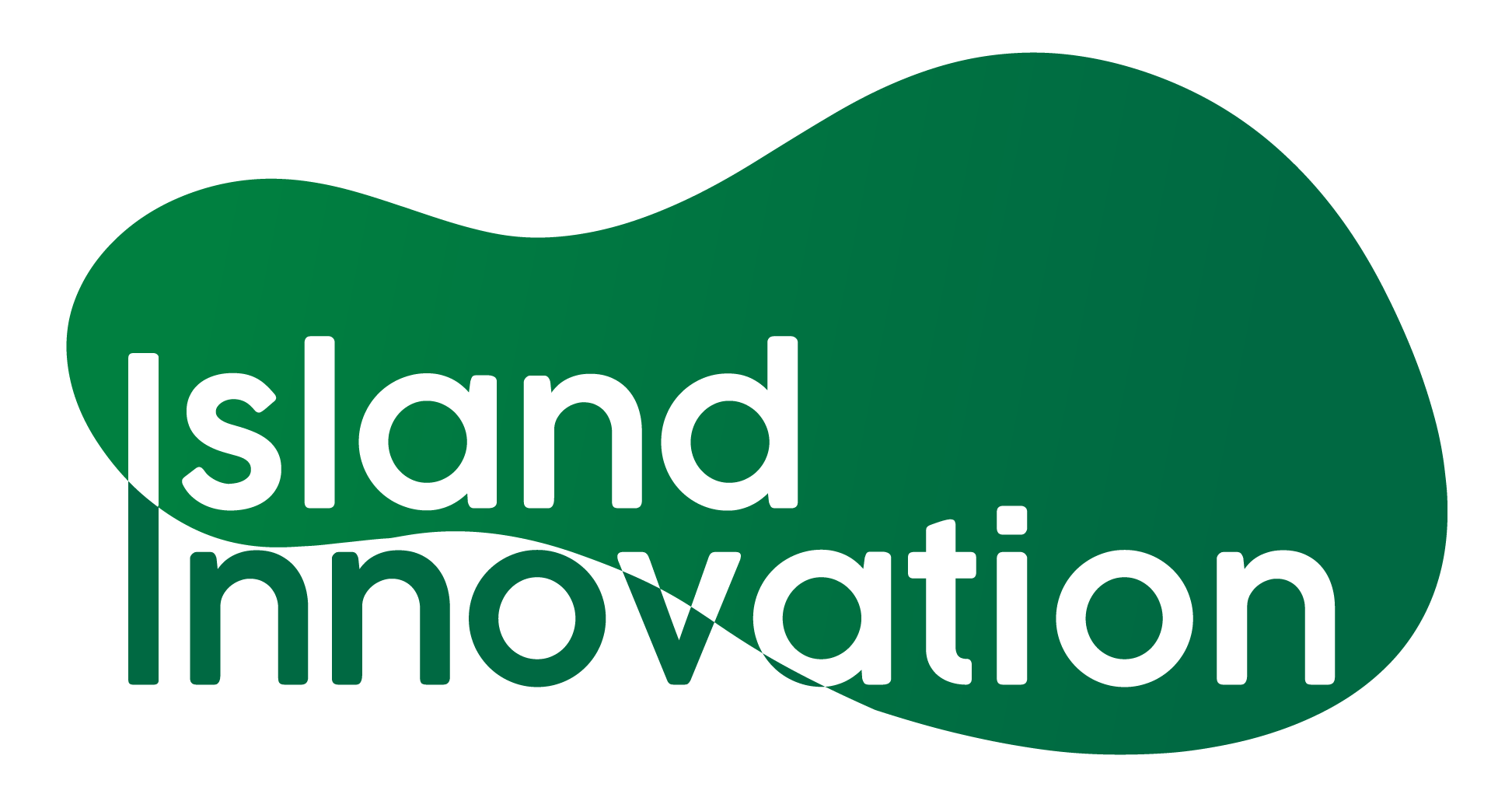
9 Blue Economy Solutions Revolutionizing Islands Worldwide
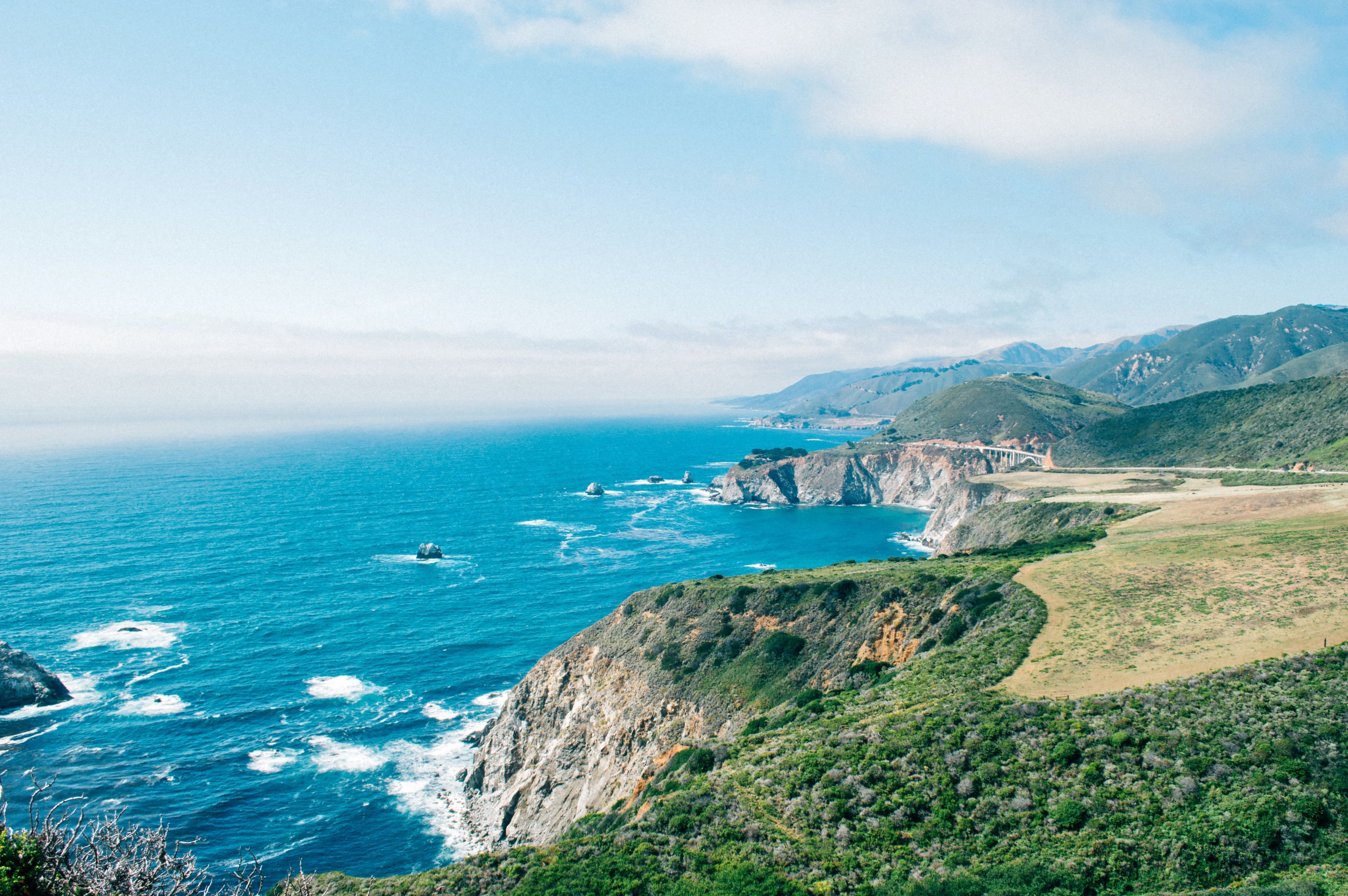
The need to overcome challenges can lead to impressive feats of innovation. With islands at the forefront of climate change, there is an inherent need to adapt and mitigate its impacts - but these communities are presented with unique challenges borne of their geographic and topographic situation.
The Island Finance Forum (IFF) hosted by Island Innovation and PwC Caribbean in April brought together experts from all around the world to discuss the issues affecting island communities and solutions available to them and how best to leverage finance and find capital to develop innovative projects. The three-day virtual event ended with a closing session showcasing the most promising Blue Economy initiatives being implemented around the world, and how they could help islands build resilience and overcome their challenges.
Missed this year's Island Finance Forum? Access all the conversations and takeaways.
The Solutions

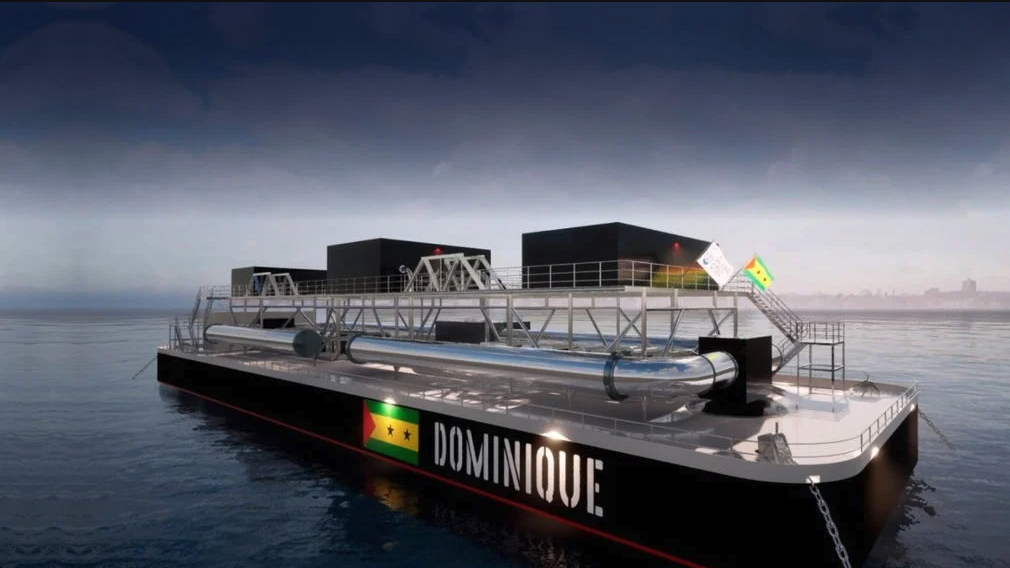
Source: PLOTEC
Source: PLOTEC
#1: Generating Energy from the Ocean (Gran Canaria)
Ocean Thermal Energy Conversion (OTEC) has the opportunity to reduce fossil fuel dependency of small island states by tapping into the power of the ocean, using the naturally high temperatures of tropical waters to develop ocean thermal energy. This innovative solution promoted by Global OTEC and its European partner PLOTEC is finding new ways of harnessing nature’s power by using seawater within a closed cycle structure capable of producing significant amounts of energy. Currently being tested in Gran Canaria, has opportunities to be scaled to tropical islands around the world and has ties to São Tomé and Príncipe as well as Turks & Caicos.
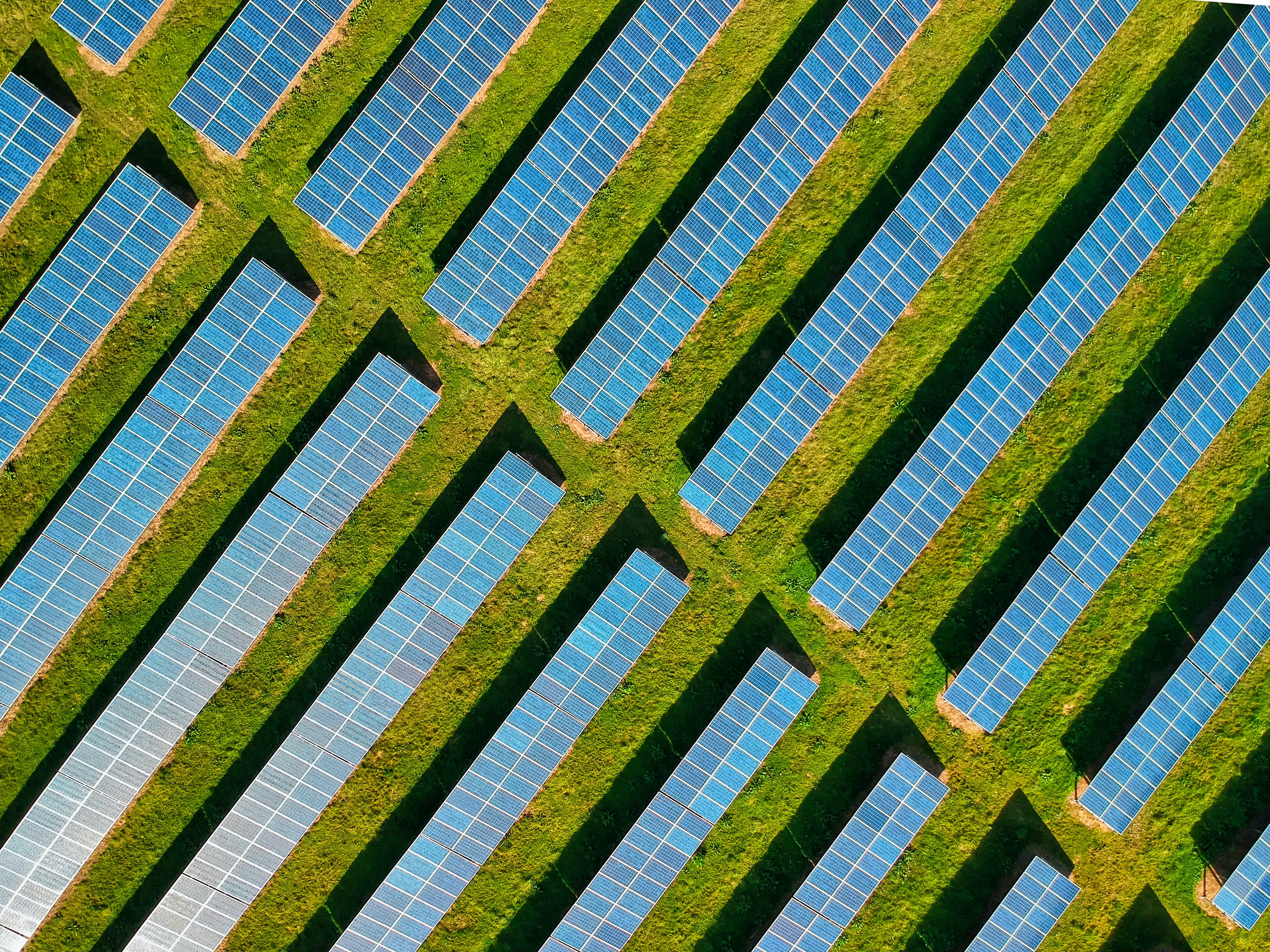
#2: Developing Blue and Green Economic Opportunities (Palau)
While the Pacific island of Palau did not lack sustainable solutions, its entrepreneurs did not have the funding, support structures and collaborative networks needed to develop. Recognizing the need to bring community stakeholders together to take on the challenges Palau faces, Irene Olkeriil founded Palau Entrepreneurs for Growth, which acts as a resource and support hub for the next generation of decision makers and civil society leaders. The organization has helped set up the island’s first solar farm, and could help further develop Palau’s blue and green economy opportunities.
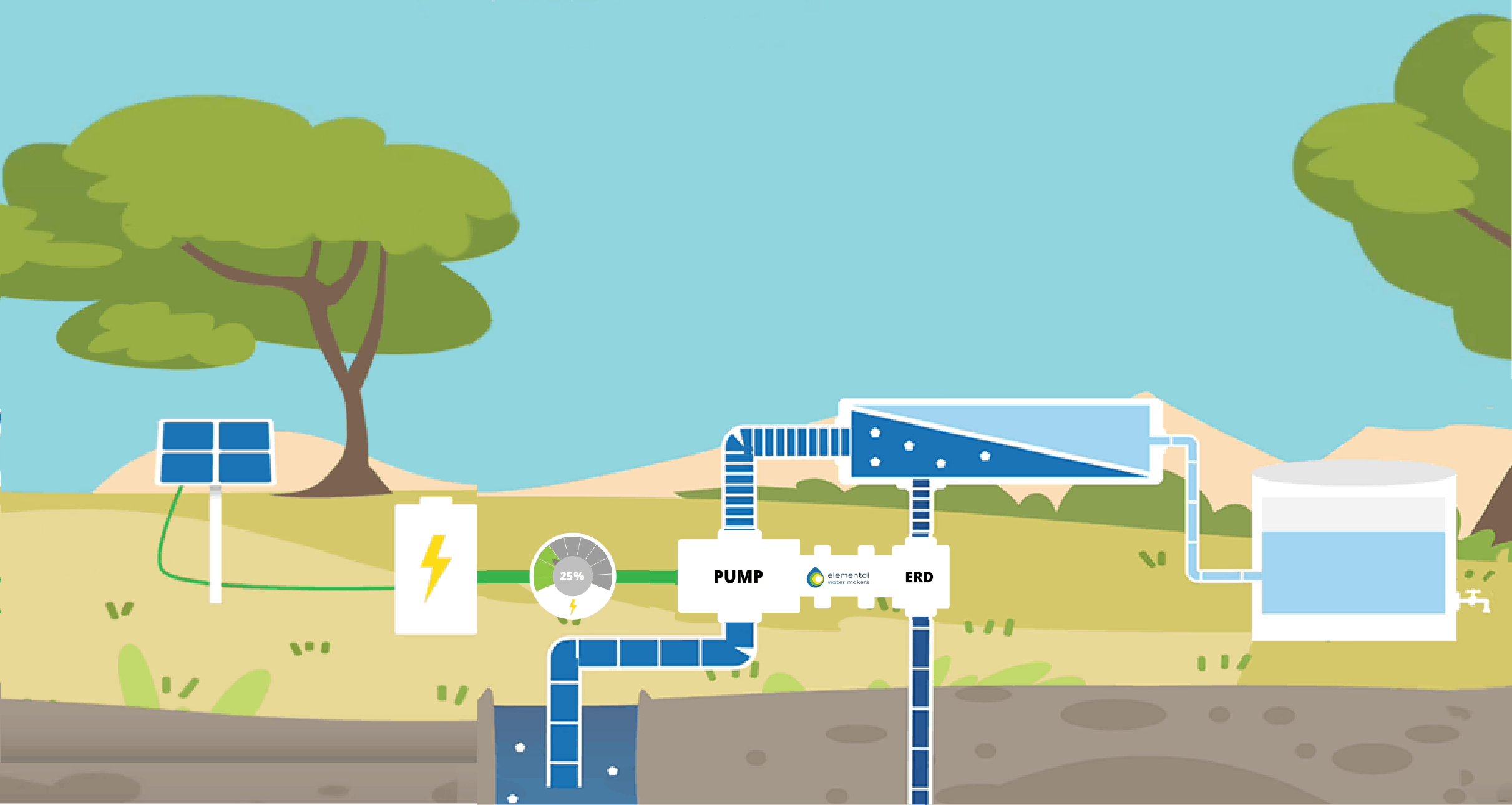
Source: Water Makers
Source: Water Makers
#3: Solving the Water Scarcity (Netherlands)
With over 4 billion people facing water scarcity, the need to develop improved water production and security is paramount. Elemental Water Makers is actively taking on this challenge by building solar desalination plants that can be deployed around the world. With multiple desalination solutions on offer, the Dutch company has a myriad of solutions to address the challenges faced by islands and coastal communities struggling with water security, and has successfully implemented its solutions across Asia, Africa and the Caribbean.
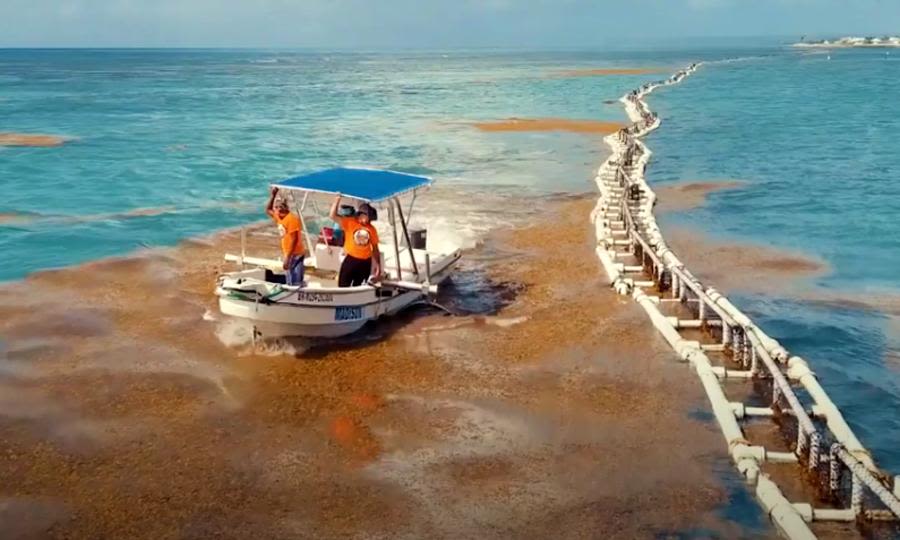
COPYRIGHT © 2022 SOS CARBON
COPYRIGHT © 2022 SOS CARBON
#4: Seaweed as a Carbon Offset Opportunity (Dominican Republic)
A Massachusetts Institute of Technology (MIT) spinoff focused on solving the sargassum problem in the Caribbean, SOS Carbon is using the seaweed as a carbon offset opportunity. A still-developing startup, SOS Carbon is working to set up a supply chain process that would see sargassum collected using its patent-pending Littoral Collection Module (LCM) that is capable of being installed on any artisanal boat, before the seaweed is brought back to shore and processed to create bioplastics, biofuels, and other materials that effectively make use of it. Currently involved in the Dominican Republic as well as Antigua & Barbuda, the organization is also set to break ground on a project in Mexico.
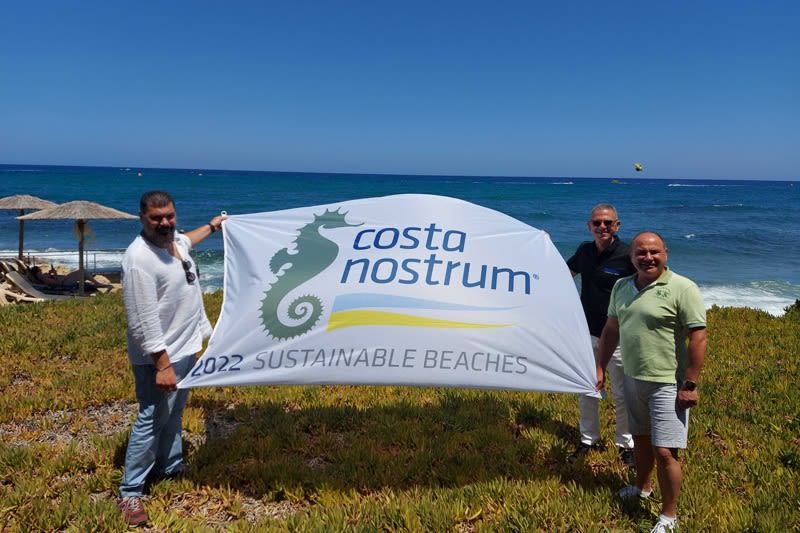
Costa Nostrum ©
Costa Nostrum ©
#5: Sustainable Beach Management (Greece)
Highlighting just how interconnected island issues can be, and how important knowledge-sharing of blue economy projects can be, Greek organization Costa Nostrum is developing sustainability projects aimed at protecting the Mediterranean, the beaches that border it, and provide long term socioeconomic benefits to local communities. Recognizing that local communities rely on a healthy Mediterranean for tourism and economic growth, Vassilis Zissimopoulos founded Costa Nostrum to implement sustainable beach management to ensure that locals and tourists are able to benefit from the environment while also actively protecting it.
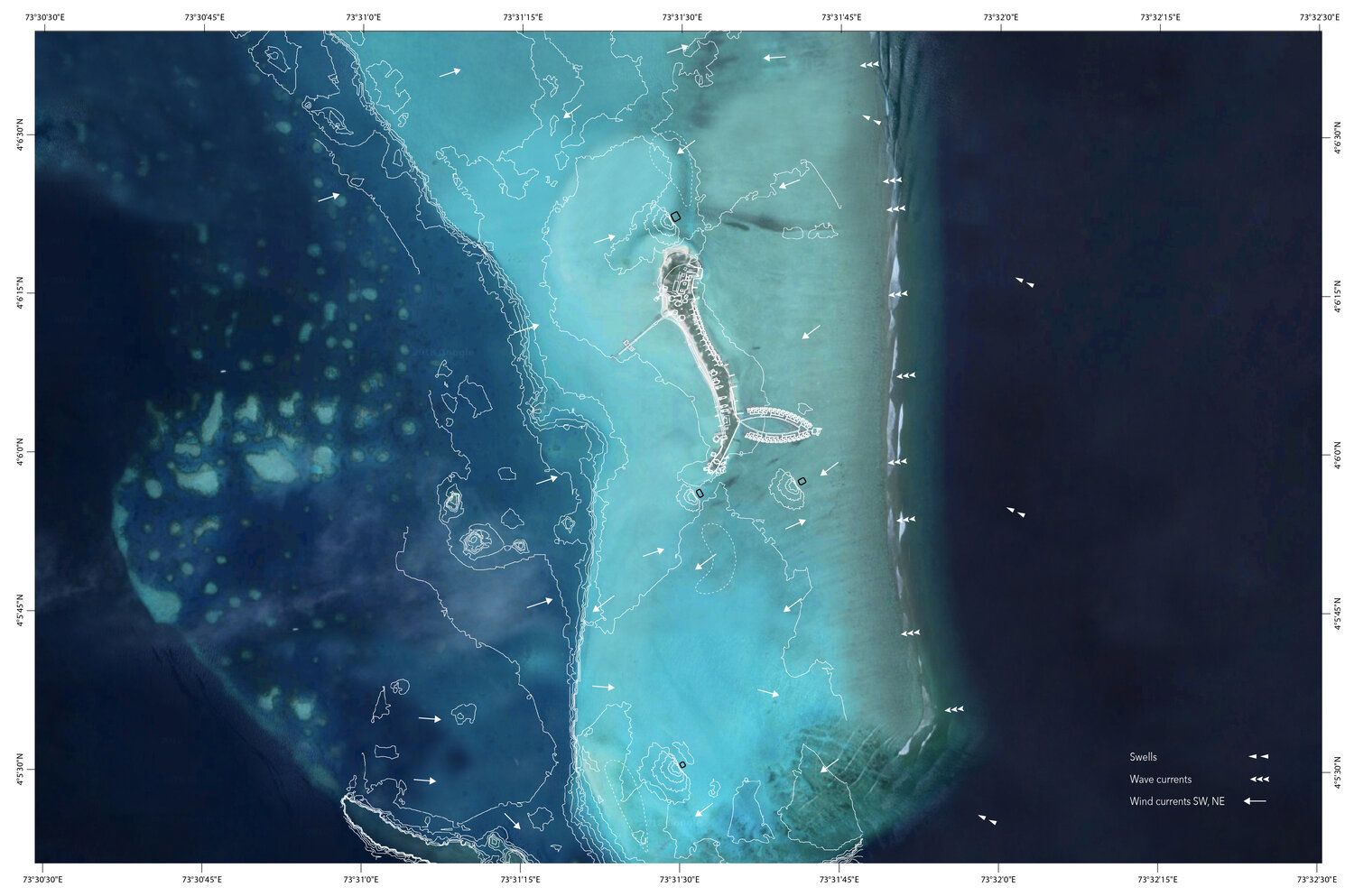
Source: SELF-ASSEMBLY LAB Lab
Source: SELF-ASSEMBLY LAB Lab
#6: Repurposing Wave Actions (Maldives)
Another MIT spinoff looking to use naturally renewable resources to provide opportunities for climate adaptation and resilience-building, the Self Assembly Lab asks ‘What if we could harness the power of the ocean to grow islands, rebuild beaches and protect coastal communities from sea level rise?’ With sea level rise a major concern for low-lying coastal and island nations, the need for climate action goes beyond industrial targets and economic transitions. The Self Assembly Labs is currently working with partners in the Maldives to develop and deploy submersible devices capable of repurposing wave action to create natural sand barriers that protect the island’s topography.
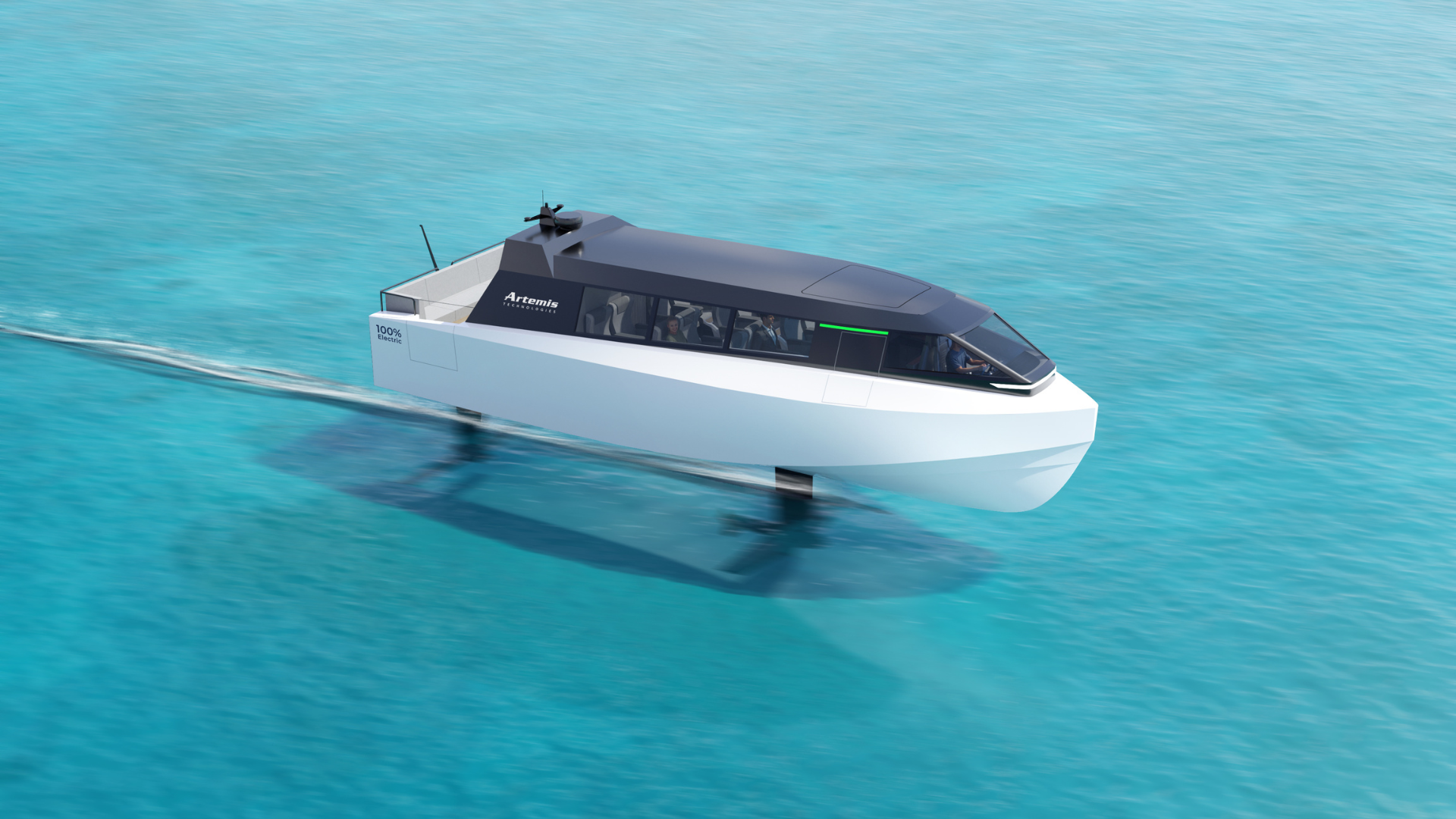
©2023 Artemis Technologies
©2023 Artemis Technologies
#7: Sustainable Marine Transport (Ireland)
Transport to and from islands, especially regional groups, can be difficult. The high costs of ferry maintenance and operation, lack of interest from major airlines and limited capacity of local airlines are all issues islanders have dealt with at some point. However, new innovations in water transport technology are opening new doors. Artemis Technologies, a spinoff from the successful Artemis Racing America’s Cup team, is developing sustainable marine transport. With a range of high-speed electric foiling boats capable to meet commercial needs as well as passenger transport, Artemis Technologies is putting forth innovative solutions to age-old issues.
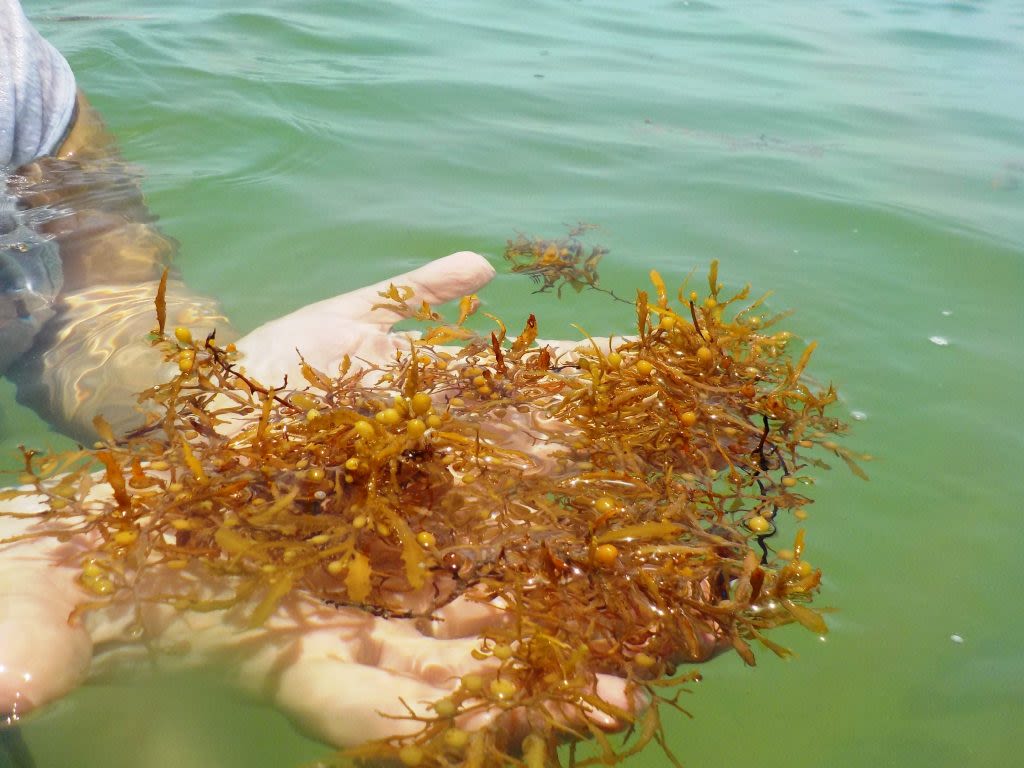
Source: Rum and Sargassum
Source: Rum and Sargassum
#8: Nature-based Fuel Alternatives (Barbados)
As part of Barbados’ push to implement low-carbon transport, Rum & Sargassum identified an opportunity to use the increasing amounts of sargassum washing up on the nation’s shores as fuel. With the cost and climate considerations created by imported fossil fuels, Rum & Sargassum is providing a cheaper, local biofuel alternative for drivers while also attending to one of the Caribbean’s biggest issues: sargassum. To complement its algae-based biofuel, the Bajan company offers specific vehicle kit installations to remodel combustion-engine cars, as well as a new line of electric vehicles created to run on sargassum biofuel.
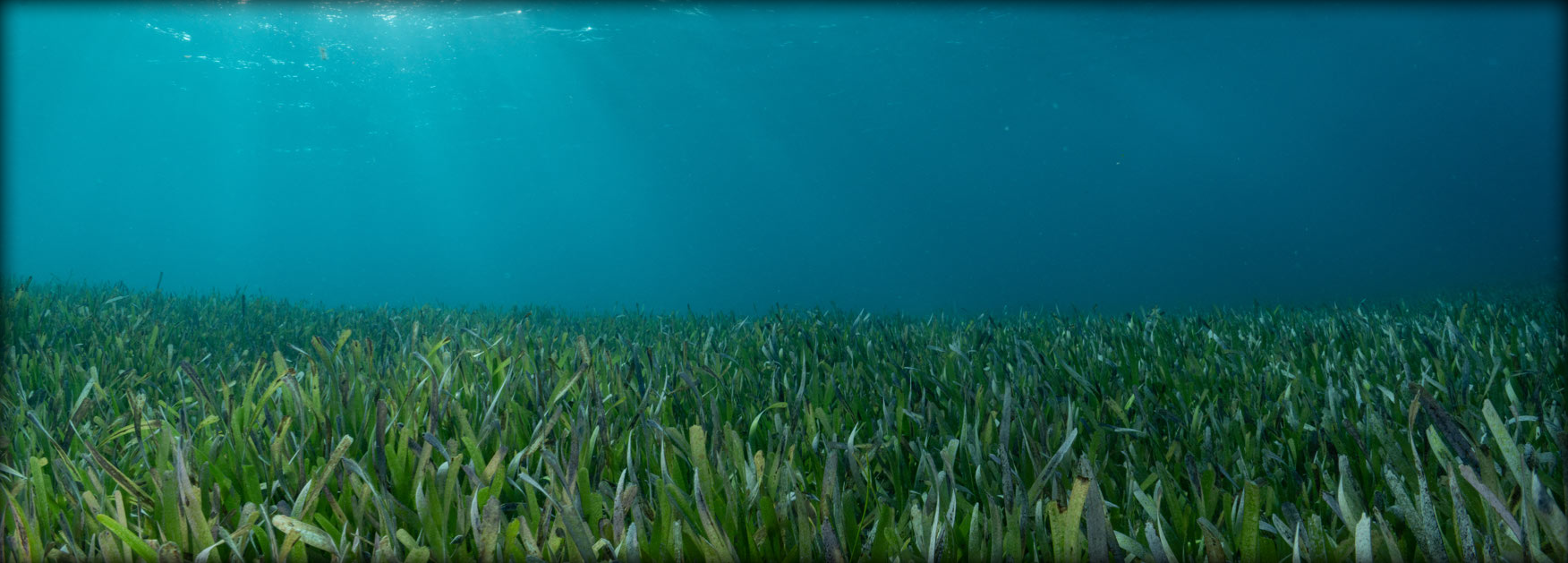
Copyright © 2022 Beneath the Waves.
Copyright © 2022 Beneath the Waves.
#9: Tapping into the Emerging Ocean-based Sequestration Sector (United States)
The market for carbon sequestration has continued to grow as companies and governments seek to offset their emissions as well as find ways of using their natural areas as economic carbon-sinks. U.S.-based marine conservation company Beneath the Waves is tapping into the emerging ocean-based sequestration sector by offering carbon offsetting by protecting and replanting ecosystems that thrive on the fringes of tropical coasts such as mangroves and seagrass beds. By conserving these environments, Beneath the Waves is also preserving the species that rely on it that are also key to local industries and economies.
Islands at the leading edge
The solutions showcased at the 2023 IFF highlight how the next steps in sustainable economic development are being created by island-based projects and entrepreneurs. Islands are at the leading edge of innovation in several sectors including nature-based solutions and the development of the blue and green economy.
However, as noted in several of PwC’s sessions throughout the event, a key barrier to overcome for these projects is unlocking financing and increasing collaboration between stakeholders to achieve stronger results at local and regional levels.
Find out more about how the IFF’s expert speakers see these challenges remedied by rewatching sessions here, and sign up to Island Innovation’s newsletter to get the latest news and developments happening across the world’s islands.
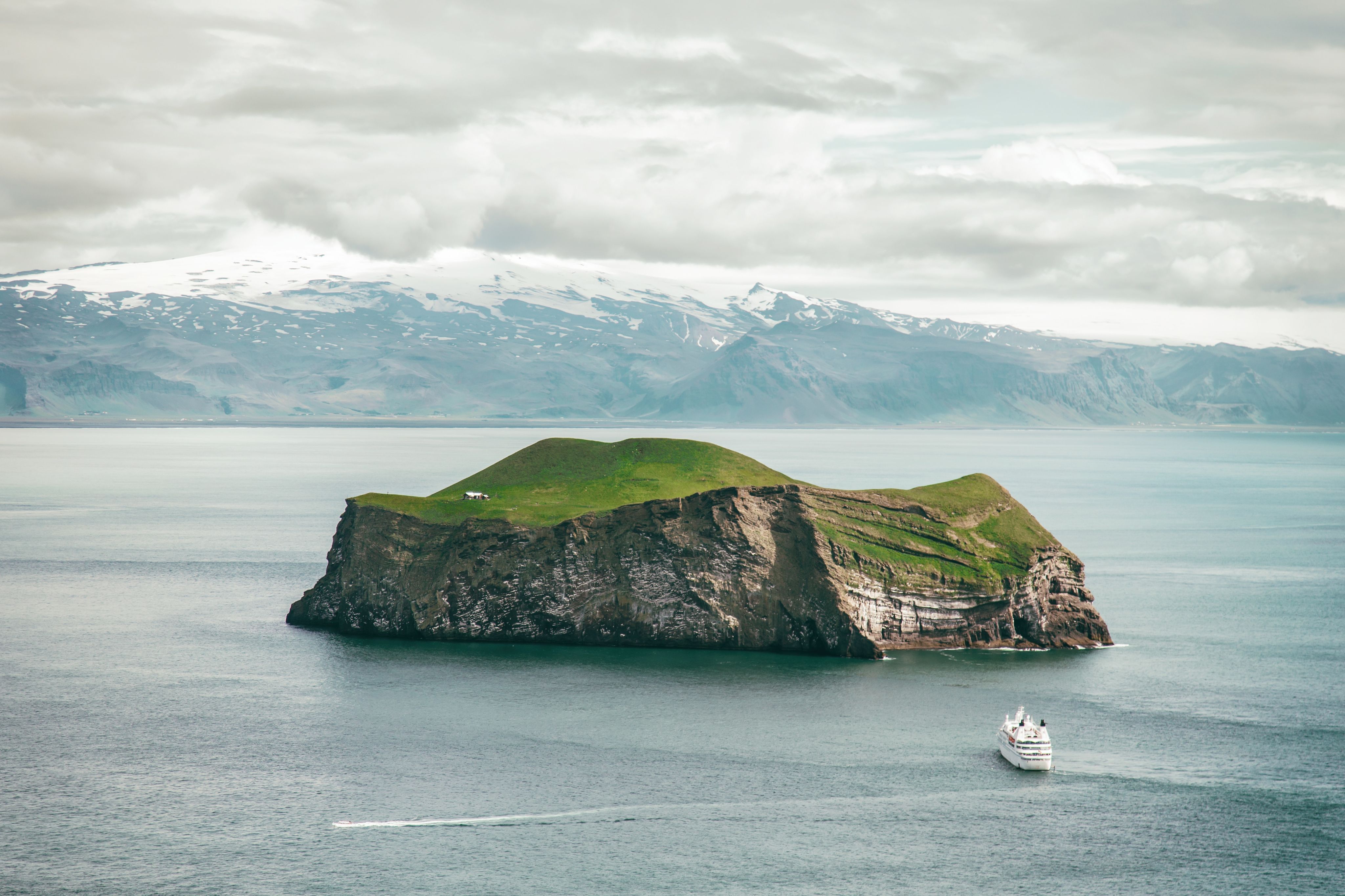
Next on Island Innovation
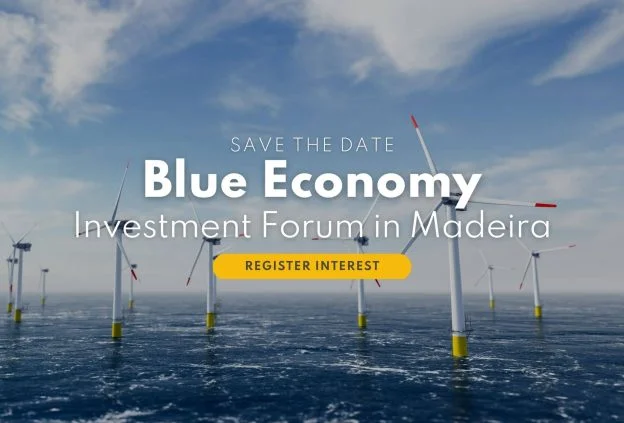
Event Date: June 22, 2023 - June 23, 2023
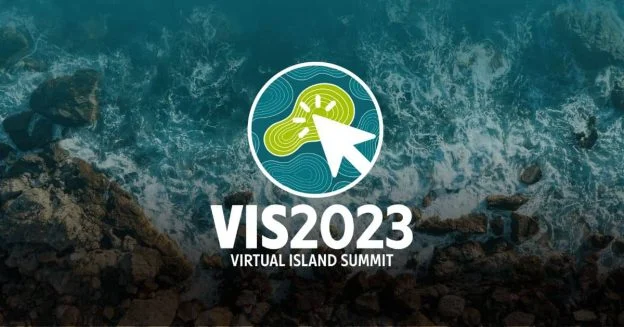
Event Date: September 25, 2023 - October 1, 2023
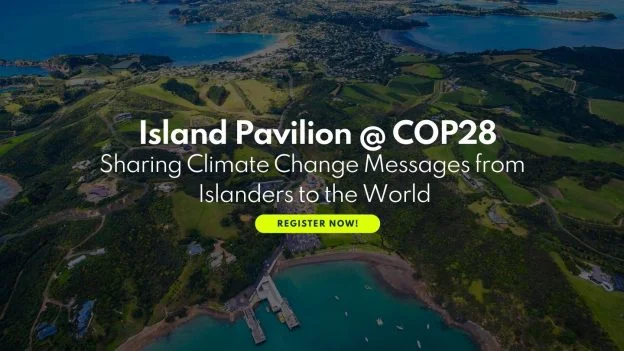
Event Date: November 30, 2023 - December 12, 2023

